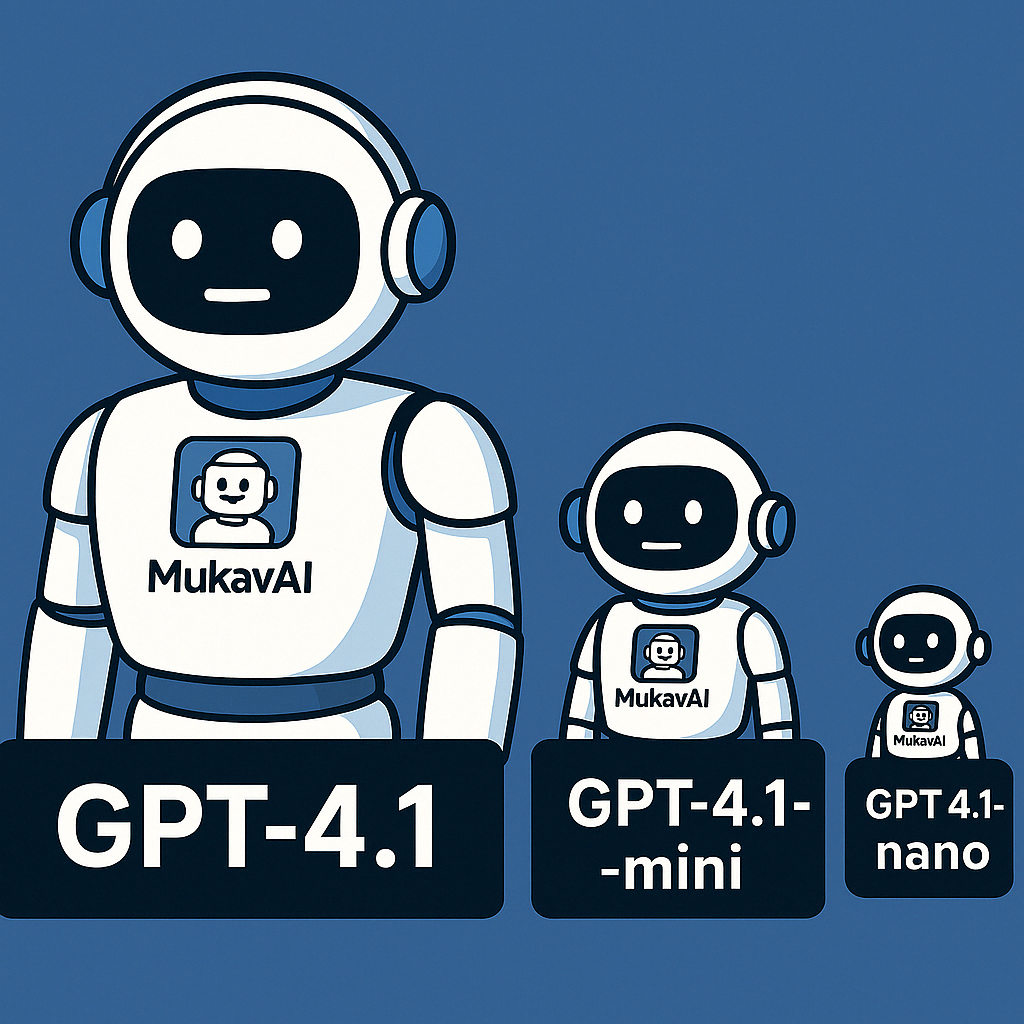Building AI agents in 2025: How GPT-4.1 Mini and Nano Are Transforming AI Agents

OpenAI’s latest models, GPT-4.1 Mini and Nano, represent a fundamental shift in AI agent development by excelling in three critical areas: instruction following, response speed, and cost efficiency.
Better Instructions, Smarter Decisions
GPT-4.1 Mini scores 38.3% on Scale’s MultiChallenge benchmark—10.5% higher than GPT-4o. This translates to better tool selection and more reliable performance in multi-agent systems. Projects previously abandoned due to unpredictable tool choices now deserve reconsideration.
Human-Like Response Speed
GPT-4.1 Mini cuts latency nearly in half compared to GPT-4o, while Nano pushes this even further. For voice applications, this creates natural conversational flow, and for high-volume systems, it significantly increases throughput.
Game-Changing Economics
The pricing breakthrough may be most significant: GPT-4.1 Mini costs 83% less than GPT-4o, with input tokens at $0.40 per million and output at $1.60 per million. This makes previously cost-prohibitive projects economically viable.
Choosing the Right Model
- GPT-4.1 Mini: Ideal for voice agents, complex multi-tool agents, services requiring MCP integration, and tasks needing both reasoning and quick responses.
- GPT-4.1 Nano: Best for speed-critical applications, simple classification tasks, high-volume request handling, and extremely cost-sensitive projects.
Both models support context windows up to 1 million tokens, with improved instruction following enabling streamlined prompts and further cost reductions.
Real-World Impact
These improvements are transforming customer support, voice assistants, document processing, and multi-agent systems by making interactions more natural, reliable, and economically feasible.
While not perfect—Mini still falls short on some complex reasoning tasks, and Nano may struggle with ambiguity—these models fundamentally change what’s possible in AI agent development, making GPT-4.1 Mini the new default choice for most applications in 2025.